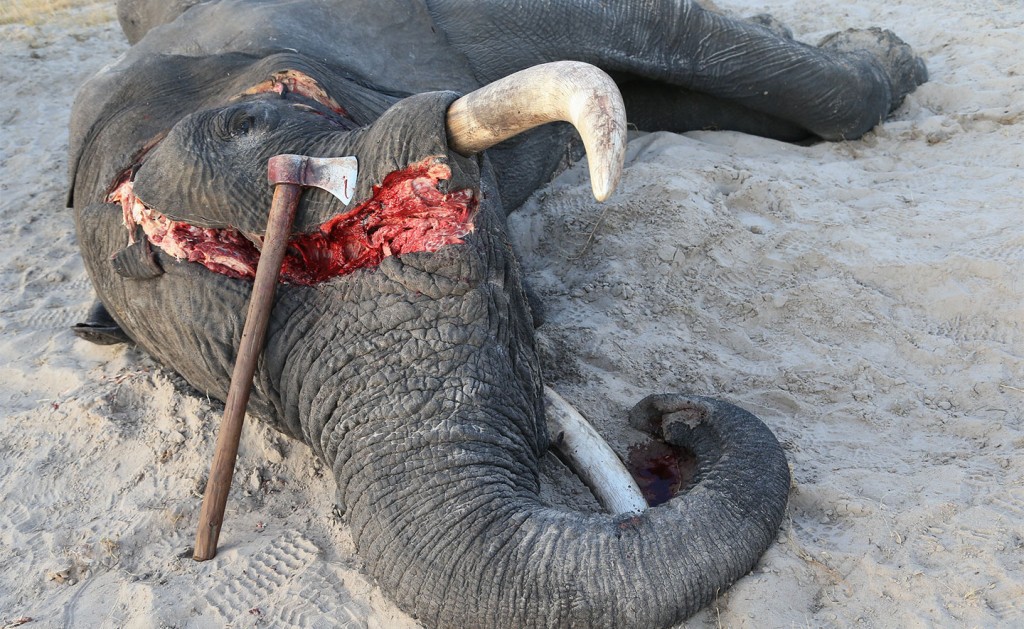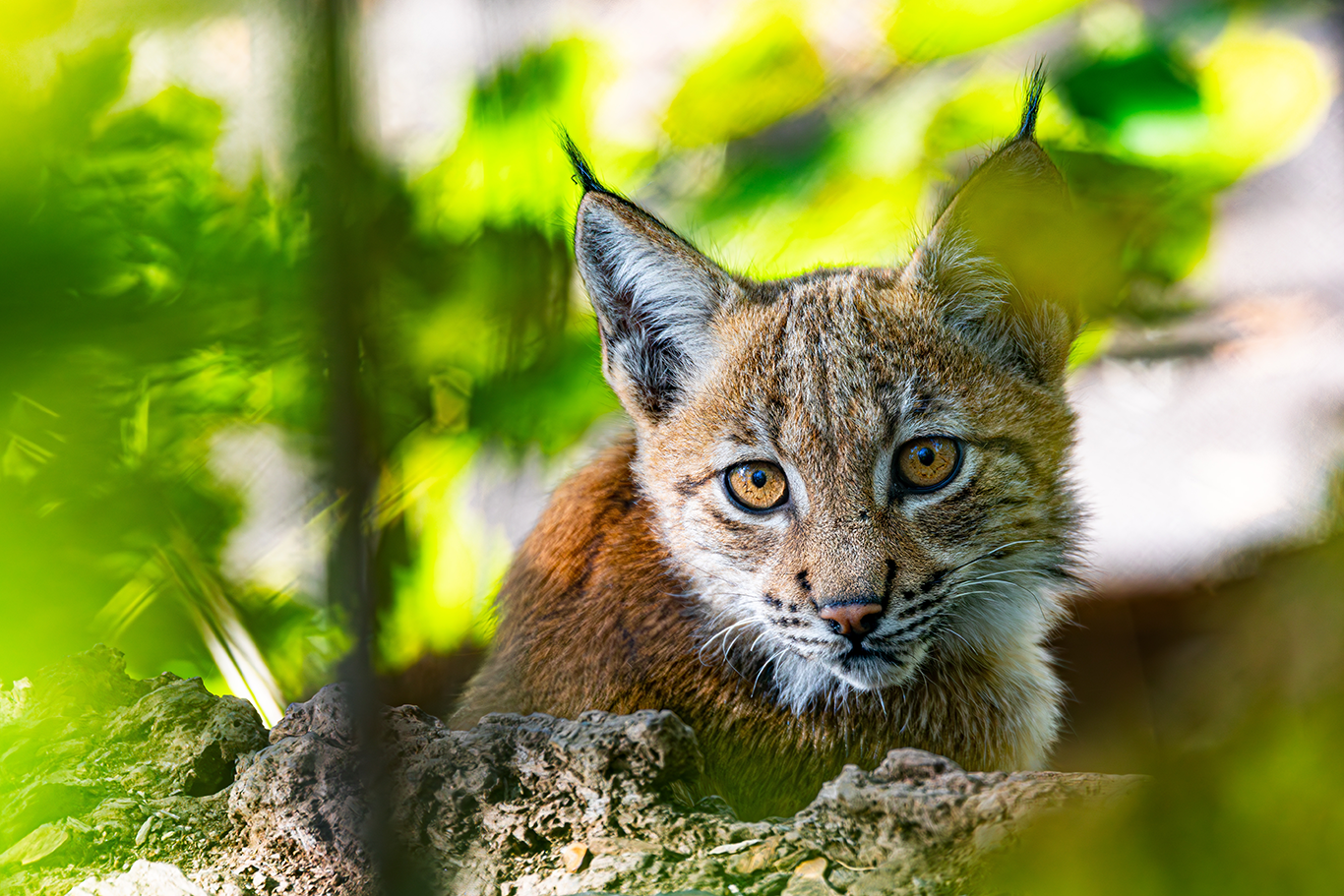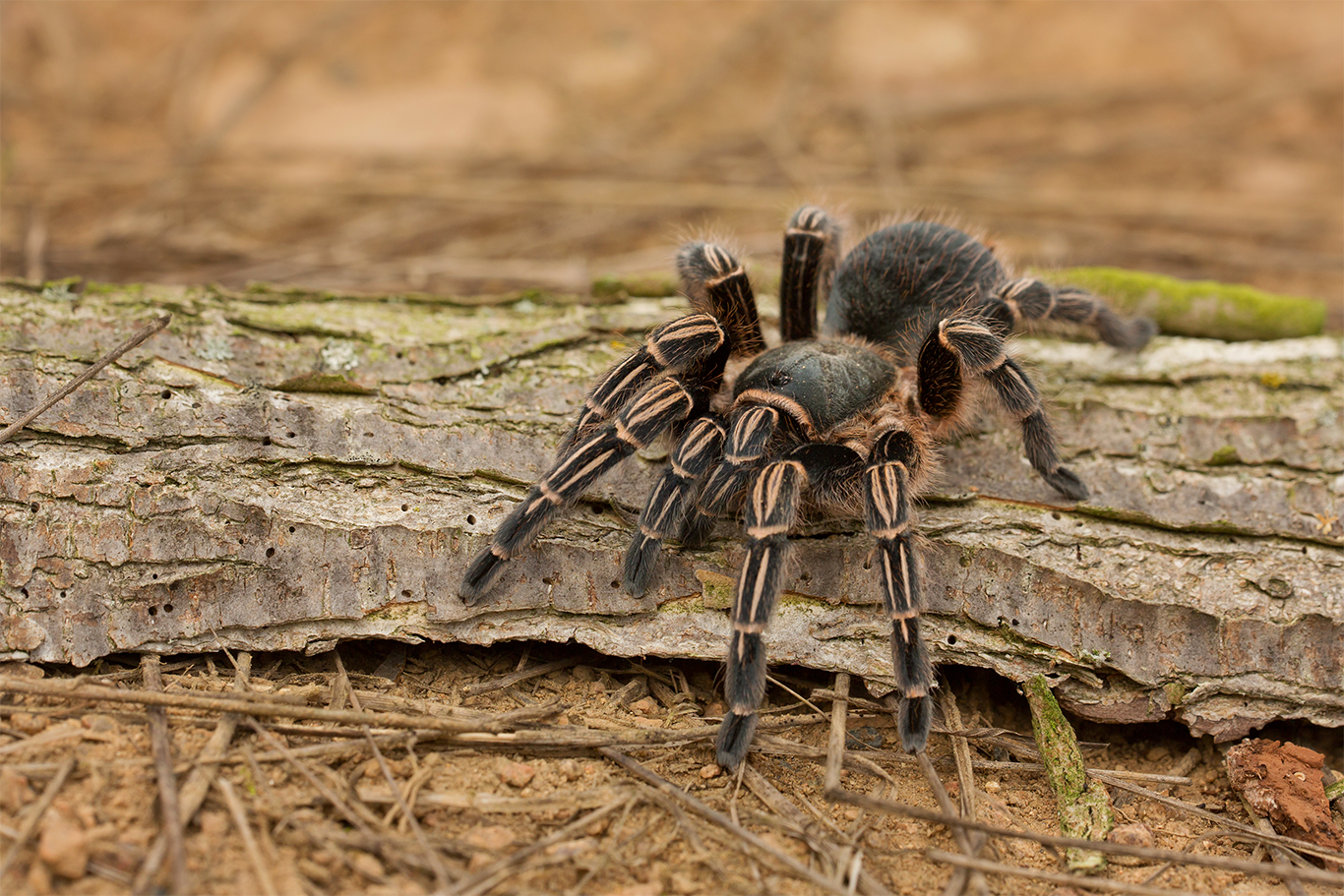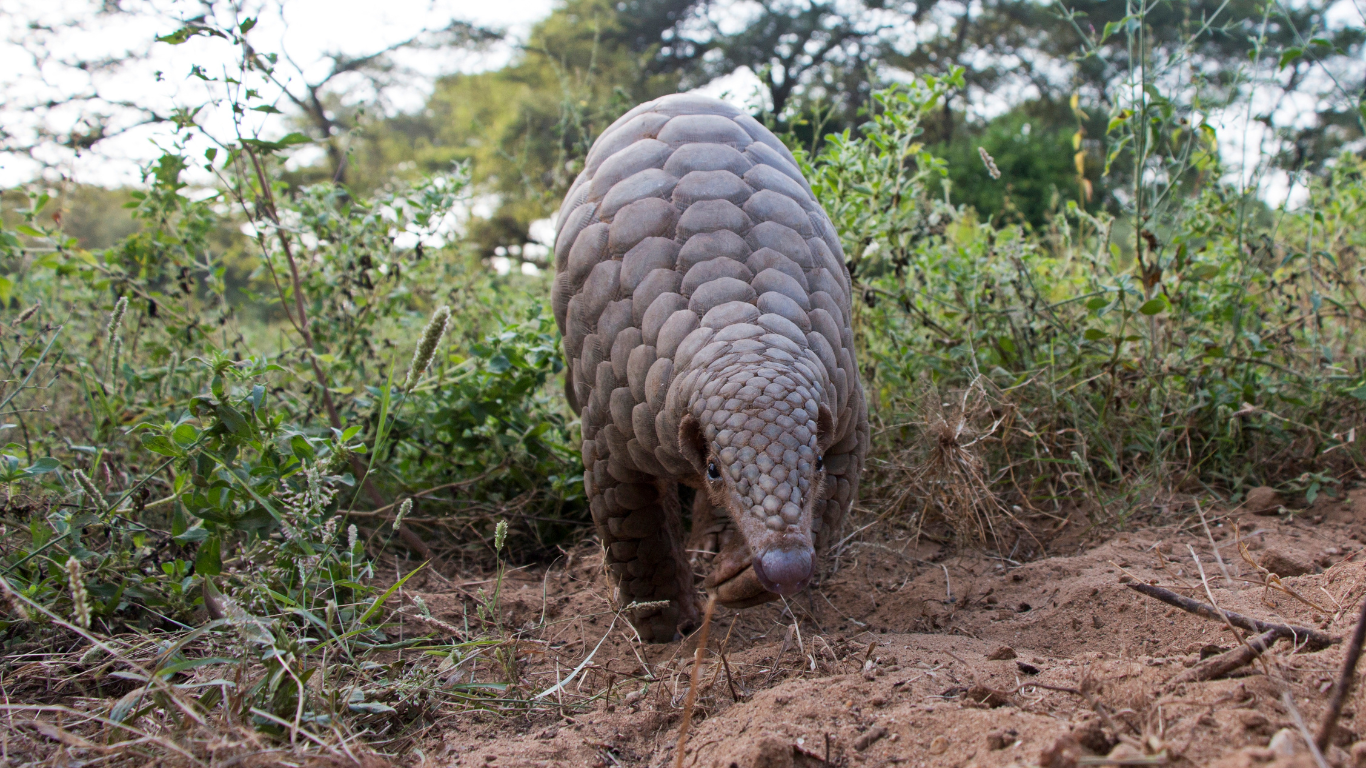The Animal Survival International (formerly Political Animal Lobby) welcomes consultation by UK environment secretary to ban sales of all ivory goods, regardless of age and origin
By Sue Cullinan
The UK government has bowed to pressure from wildlife campaigners and says it will ban ivory sales, depending on the results of a consultation launched in October 2017.
The international trade in ivory has been illegal since 1990 but UK law currently allows trade in ‘antiques’ carved before 1947, or items worked before 1990 that have government certification.
In September 2016, then-environment secretary Andrea Leadsom pledged to ban the sale of items carved before 1990, but no progress was made on implementation. The new consultation, promulgated by her successor Michael Gove, will apply to England, Scotland, Wales and Northern Ireland − but the department of the environment says it “welcomes responses from organisations and people based outside of the UK.”
The decline in the elephant population fuelled by poaching for ivory shames our generation,” said Gove. “The need for radical and robust action to protect one of the world’s most iconic and treasured species is beyond dispute. Ivory should never be seen as a commodity for financial gain or a status symbol – so we want to ban its sale. These plans will put the UK front and centre of global efforts to end the insidious trade in ivory.”
The UK is the biggest exporter of legal ivory in the world and eliminating the trade will help “prevent illegal ivory being laundered by criminals”, says the report, which outlines plans for a 12 week consultation until Dec 29, 2017. It says the proposed ban will cover ivory items of all provenance and all ages.
The Animal Survival International (formerly Political Animal Lobby) has welcomed the news, but urged the UK government not to delay.
According to records from the Convention on International Trade in Endangered Species (CITES), not only did the UK export more ivory than anyone else to smuggling hubs for “blood ivory” such as Hong Kong and China, but it also sold on 370% more ivory than the next highest exporter, the USA.
It is estimated that 36,000 elephants are killed each year − roughly one every 15 minutes, with an average of more than 50 elephants killed by poachers every day. Between 2007 and 2014, the population of African elephants plummeted by a third, leading to warnings that the entire species could become extinct.
Elephants are often defined as a “keystone” species, says the Gove report, meaning that they affect an entire ecosystem. “If keystone species become extinct, this would likely lead to an irreparable change to their environment.” Their decline would also deprive some of the poorest countries in the world of their natural resources. This could affect economic growth and sustainable development as wild elephants generate tourism revenue and also bring in funding for wider conservation projects.
The report says that illegal wildlife trade has become a transnational organised enterprise, estimated to be worth up to £17-billion a year.
The latest UK pronouncement represents a U-turn and took campaigners by surprise, because in 2015, the Conservatives had pledged to ban ivory but removed this promise from their manifesto for the June 2017 general election.
Gove’s report says the government is proposing a TOTAL ban on UK sales of ivory, and the import and export of ivory for sale to and from the UK, “where such sales could contribute either directly or indirectly to ivory poaching”, with some narrowly defined exemptions.
These are:
- Allowing the continued sale of musical instruments which contain ivory
- Allowing the continued sale of items which contain a small percentage of ivory, and where the ivory is integral to the item (a “de minimis” exemption)
- Allowing the continued sale of items which are of significant artistic, cultural and historic value
- Allowing the continued sale of ivory to museums, and between museums
The illicit ivory trade, and the weight of ivory involved, is said to be three times greater now than in 1998. The trade is controlled by rules set by the Convention on the International Trade in Endangered Species (CITES) and its rules are implemented in the UK through the Animal Plant and Health Agency (APHA.
By comparison, the US has imposed 100-year ban, with a “de minimis” exemption for items containing less than 200g ivory or musical instruments. China has also announced its intention to ban all ivory trade by the end of 2017, but it may continue to allow the transport, gifting and display of ivory, and the auction of ivory “relics”. France is proposing a ban on post-1947 items totally or partly composed of ivory, with exemption for some musical instruments and items containing less than 200g.
The UK, meanwhile, is the largest importer and exporter of art and antiques in Europe and a global centre for trade in art and antiques. But “the British public also donates generously to wildlife conservation charities,” says Gove’s report, “with the 10-highest earning wildlife and conservation charities in the UK raising £329 million in June 2017.”
“Closing the legal ivory market in the UK will end opportunities for criminals to use it to launder recently poached ivory by passing it off as antique,” says the report, adding that the proposed measures will affect fewer than 5,000 UK businesses in the art and antiques sector.
The consultation is available at www.gov.uk/government/publications and enquiries are invited at consultation.coordinator@defra.gsi.gov.uk; www.gov.uk/defra




